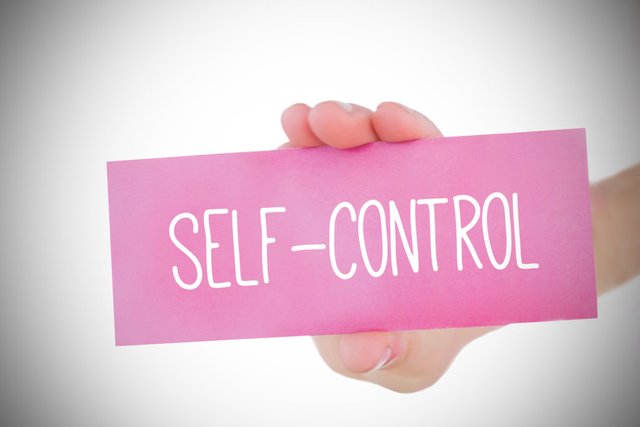The Stanford Marshmallow Experiment And Why Schools Today Ignore The Results.

More than 40 years ago, Walter Mischel, PhD, a psychologist now at Columbia. University, explored self-control in children with a simple but effective test. The “marshmallow test,” as it came to be known, laid the groundwork for the study of self-control. The experiment began by bringing a child into a private room, sitting them down in a chair, and placing a marshmallow on the table in front of them. At this point, the researcher offers to make a deal, the child is given the marshmallow with a choice: Eat this one now, or wait and enjoy two later. What did they do? And what were the implications for their behavior later in life?
The purpose of the original study was to understand at what point the control of delayed gratification, the ability to wait to obtain something that one wants, develops in children. The original experiment took place at the Bing Nursery School located at Stanford University, using children of ages four to six as subjects. Of the over 600 children who took part in the experiment, only a minority ate the marshmallow immediately, and of those who we able to delay, only one third deferred gratification long enough to get the second marshmallow.
Walter Mischel, the author of “The Marshmallow Test,” said "the skills which enable self-control allow us to avoid temptation and live our lives more fully". Over the last 50 years, the “Marshmallow Test” has become synonymous with temptation, willpower, and grit. The ability to delay gratification. When children demonstrated self-control, it was a strong indicator of later educational and economic success.
The Power of Delayed Gratification
As the children grew up researchers continued to follow up and tracked each child's progress in a number of areas, what they found was to them very surprising. The children who were able to delay gratification and waited ended up having higher SAT scores, lower levels of substance abuse, lower likelihood of obesity, better responses to stress, better social skills, and generally better in a range of other life measures.
Knowing this; why do schools today ( our modern education systems) teach for tests, drill repetition and drum in authority, and not work nearly exclusively on techniques for developing will power and learning to delay gratification ? I think we all know the answer to that question. They' (the people in charge of government and education) do not want a populace of free thinking citizens with will power capable of doing the tough inner work. That would be a threat to their establishment. As the great George Carlin once said; "Governments don't want well-informed, well-educated people capable of critical thinking. That is against their interests. They want obedient workers who are just smart enough to run the machines and do the paperwork. And just dumb enough to passively accept it."

Hello @dannyquest, thank you for sharing this creative work! We just stopped by to say that you've been upvoted by the @creativecrypto magazine. The Creative Crypto is all about art on the blockchain and learning from creatives like you. Looking forward to crossing paths again soon. Steem on!
Congratulations @dannyquest! You have completed some achievement on Steemit and have been rewarded with new badge(s) :
Click on any badge to view your own Board of Honor on SteemitBoard.
For more information about SteemitBoard, click here
If you no longer want to receive notifications, reply to this comment with the word
STOP